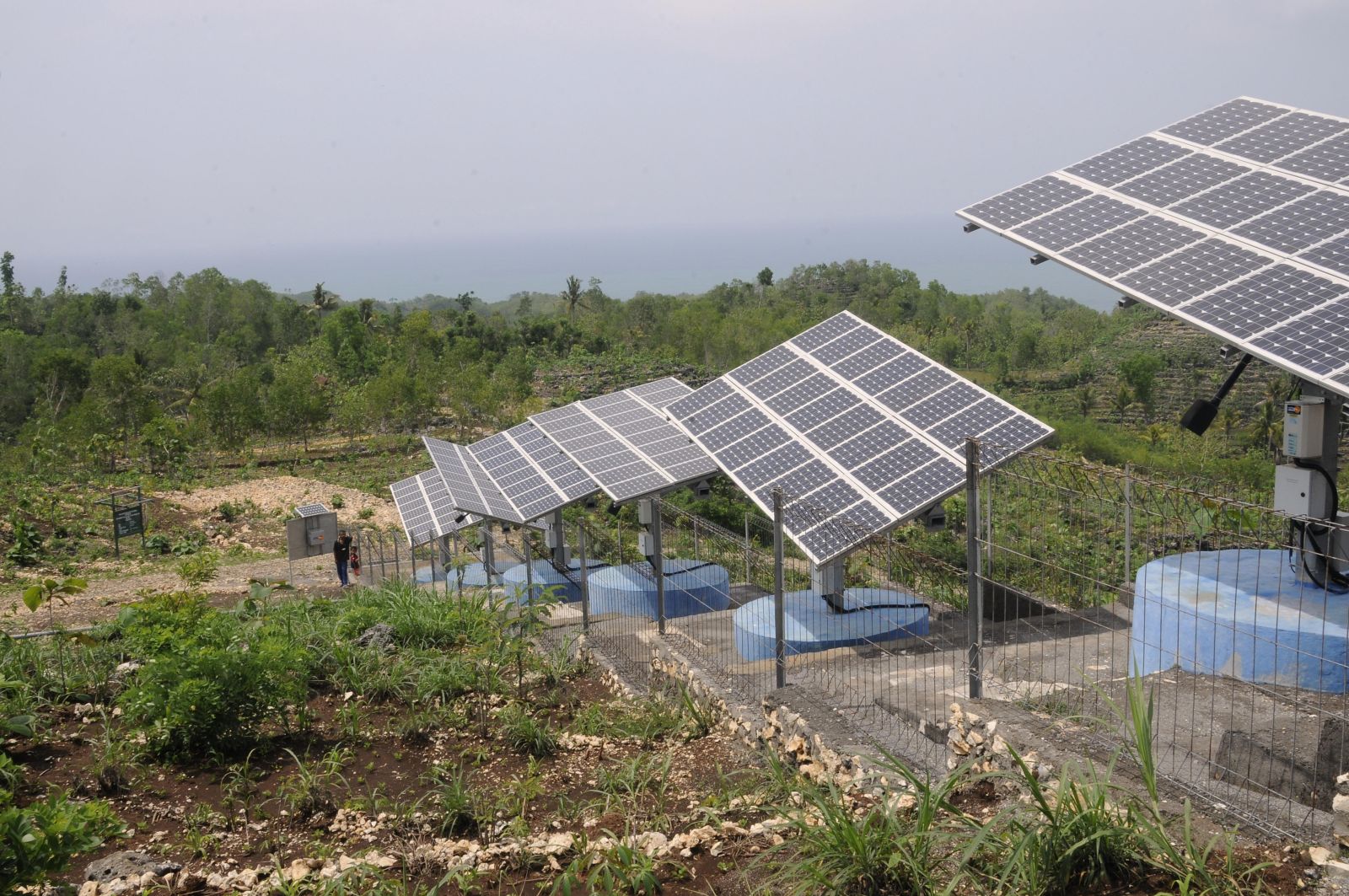Finance
Sustainability in the banking sector
Development finance institutions engage in private-sector financing that has positive economic, environmental and social effects at local levels. In addition to directly financing companies in all sectors, they support financial institutions with the aim of indirectly promoting small and medium-sized enterprises (SMEs) which otherwise would not have access to long-term investment capital. Development finance providers assess the potential for environmental and social impacts, and determine ways to avoid and mitigate any negative impacts.
The most widely used assessment standard in international development financing are the IFC Performance Standards, which include guidelines on human rights and were defined by the International Finance Corporation (IFC), a subsidiary of the World Bank Group. The standards are based on the 2011 UN Guiding Principles on Business and Human Rights and spell out minimum requirements and guidelines for various industries and sectors. They also explicitly refer to the Core Labour Standards of the International Labour Organization (ILO), including for example the freedom of assembly at the workplace and the prohibition of child labour, forced labour and discrimination.
Adhering to environmental and social standards is beneficial for private-sector development in developing countries and emerging markets. Moreover, it serves the interest of financial institutions. They benefit when they oblige clients to follow international best practice. Doing so reduces reputational risks including the loss of licenses, penalty payments, asset depreciation and negative media coverage. New opportunities arise when environmental and social risks are managed competently, including access to new markets, lower transaction costs or greater chances of attracting skilled staff. Generally speaking, the companies that take account of environmental and social issues are stronger competitors than those that do not.
Through their funding, development finance institutions like DEG often mobilise additional capital. Moreover, they set standards in the financial industry by raising awareness, networking and fostering cooperation among their partners and clients.
DEG supports financial institutions in implementing appropriate management systems to identify and mitigate environmental and social risks. DEG provides partners with external experts. They help to develop and implement policies, procedures and specific tools, provide skills training and evaluate systems after they have become operational.
Furthermore, development finance institutions boost existing sustainability efforts and standards in a partner country’s banking sector. The idea is to ensure that minimum environmental and social standards apply to the entire private sector, regardless of the financial institution companies work with.
In promoting such initiatives, DEG draws on its long-standing experience in advising financial institutions on environmental and social risks and making them familiar with up-to-date standards. DEG itself has been applying its own environmental and social management system since 2002, assessing risks and making investments more sustainable. In addition, DEG raises awareness of environmental and social standards by offering workshops and staff training to local banks.
There is a growing number of sustainable finance initiatives in developing countries and emerging markets. Two approaches are common. Bangladesh, China, Indonesia and parts of Brazil for example take a “top-down” approach, with the central bank obliging commercial banks to adhere to certain environmental and social standards in their lending business, thus creating a level playing field.
The “bottom-up” approach, on the other hand, is often taken in countries where banking associations have prior experience working with international development finance institutions. In Mongolia, for example, banking associations, the ministry of environment and development finance institutions have agreed on eight sustainability principles, a set of guidelines for lenders and a list of sectors that are excluded from loans.
DEG has supported initiatives involving both approaches. It cooperates closely with other European development finance institutions on these matters, including the FMO (Netherlands), Proparco (France) and OeEB (Austria).
Meike Goetze joined DEG in 2010 and is a senior investment manager for business support.
meike.goetze@deginvest.de
Claas Langner also joined DEG in 2010 and is a senior associate for sustainable development.
claas.langner@deginvest.de












